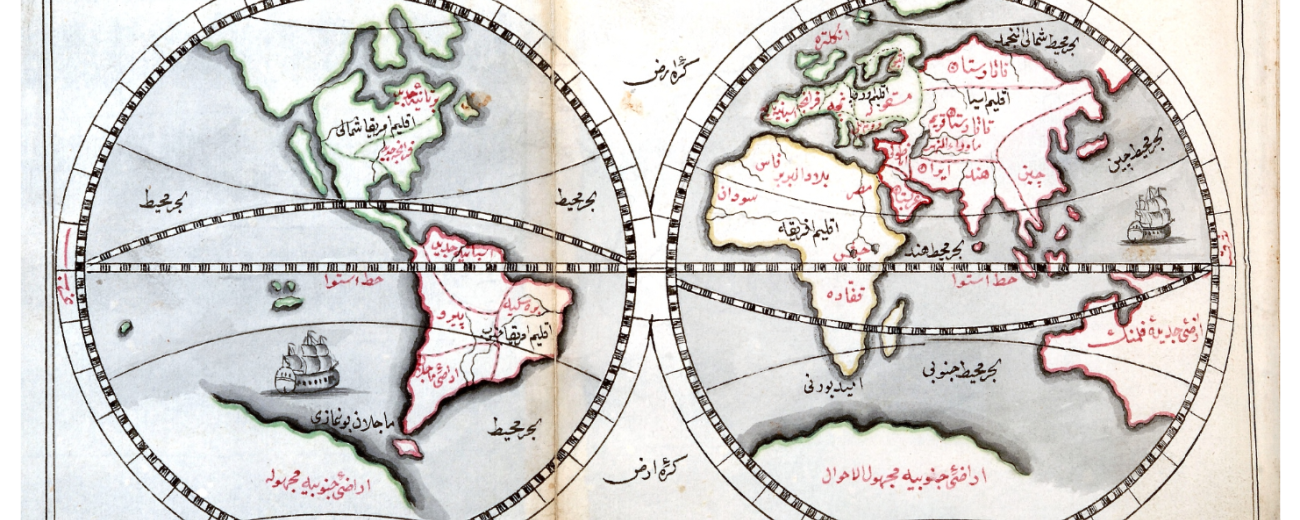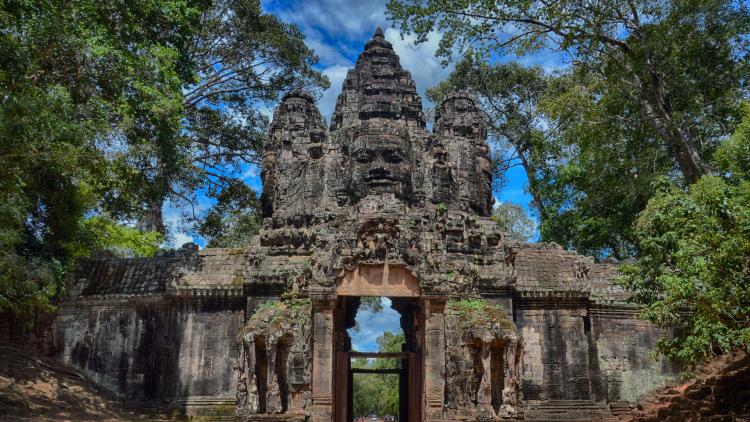How studying history at SOAS was different to school and changed my worldview


SOAS MA History graduate and teacher Hamidah Siddiqua discusses her experience studying at SOAS and reflects on what she's learnt about the British education system's 'colonial lens'.
My experience of growing up in the British education system shaped the way that I saw the world. When the History curriculum focused on non-white people it was often through the lens of slavery, colonisation, and subjugation; with white people as the holders of power and non-whites portrayed as easily conquered peoples who were inferior to the mighty Europeans. Their histories only started when colonised by Europeans, and the curriculum located Britain as the centre of the world.
When I started teaching history as a secondary school teacher, I made efforts to decolonise the history curriculum. But my greatest obstacles to doing this efficiently (besides time constraints and the hundred other things teachers have to do), was a lack of resources and not knowing what materials to read to understand the histories of non-European peoples. This played a pivotal role in my decision to take a break from teaching and join the MA History programme at SOAS.
(De)constructing history
SOAS is the only university in London that dedicates its teaching of non-European history away from a Western-centric view. Besides my teaching career, I have always been curious about non-European histories but did not know what books to read or where to begin. I was also conscious of orientalist writers and thus did not want to embark on reading books that would reinforce these negative and subjective portrayals of the ‘East’.
I have come to understand that History is not necessarily about what happened; rather it is about how historians and political elites help construct and reconstruct the memory of the past.
Studying MA History at SOAS has transformed my understanding of how history is constructed. The ‘Debating Pasts’ module and ‘Colonial curricular’ modules played an important role in helping me understand the crucial significance of dissecting the historiographical lens through which histories of different societies are written.
I have come to understand that History is not necessarily about what happened; rather it is about how historians and political elites help construct and reconstruct the memory of the past.
Decolonising the curriculum
I have benefited greatly from the efforts of course convenors who have decolonised the teaching of histories of non-European peoples. The ‘Race and Slavery in the Middle East and Africa’ module has reshaped my approach to studying the history of slavery and the abolition movement away from a Eurocentric lens. The ‘Critical Perspectives on Palestine Studies I’ and ‘Zionism: Critical Perspective’ reconfigured my understanding of the history of a region that is highly contested. I was pleasantly surprised to see the plethora of academic literature on this topic, considering that it is presented as a ‘complicated’ topic in the West. From my studies, I would argue that it is no more complicated than any other history.
[The MA in History] will enhance my teaching practice and will be vital for creating a more dynamic history curriculum, one that fosters critical thinking and challenges misconceptions and assumptions young people have about the histories of non-European peoples
The ‘Race, Segregation and Apartheid in twentieth century South Africa’ module focused on the role that capitalism and white supremacy played in entrenching the brutal system of Apartheid in South Africa and thus enabled me to identify the similar ways in which apartheid Israel operates. Finally, the ‘Community, religion and conflict in South Asian history’ module illuminated my understanding of Muslim rule in South Asia and the crucial role orientalist and nationalist historiographies have played in shaping the region's construction of the past.
Professional development
The MA History programme at SOAS was important for my personal interest in learning about non-European histories in an academic setting and also for supporting my professional development as a teacher. This will, without a doubt, enhance my teaching practice and will be vital for creating a more dynamic history curriculum, one that fosters critical thinking and challenges misconceptions and assumptions young people have about the histories of non-European peoples.
About the author
Hamidah Siddiqua graduated from SOAS with an MA in History, and is a History, RE and Sociology teacher of 7 years.
